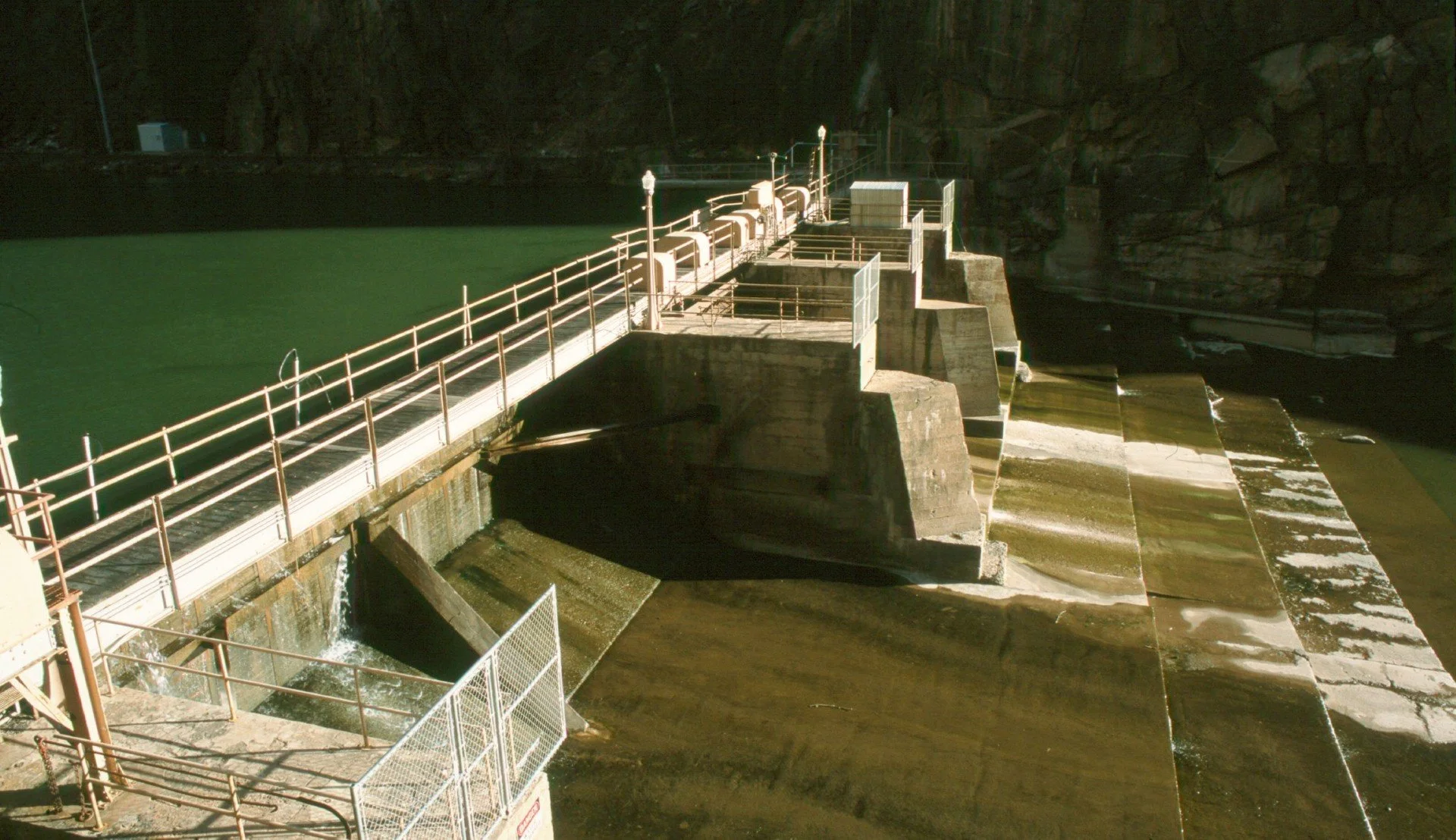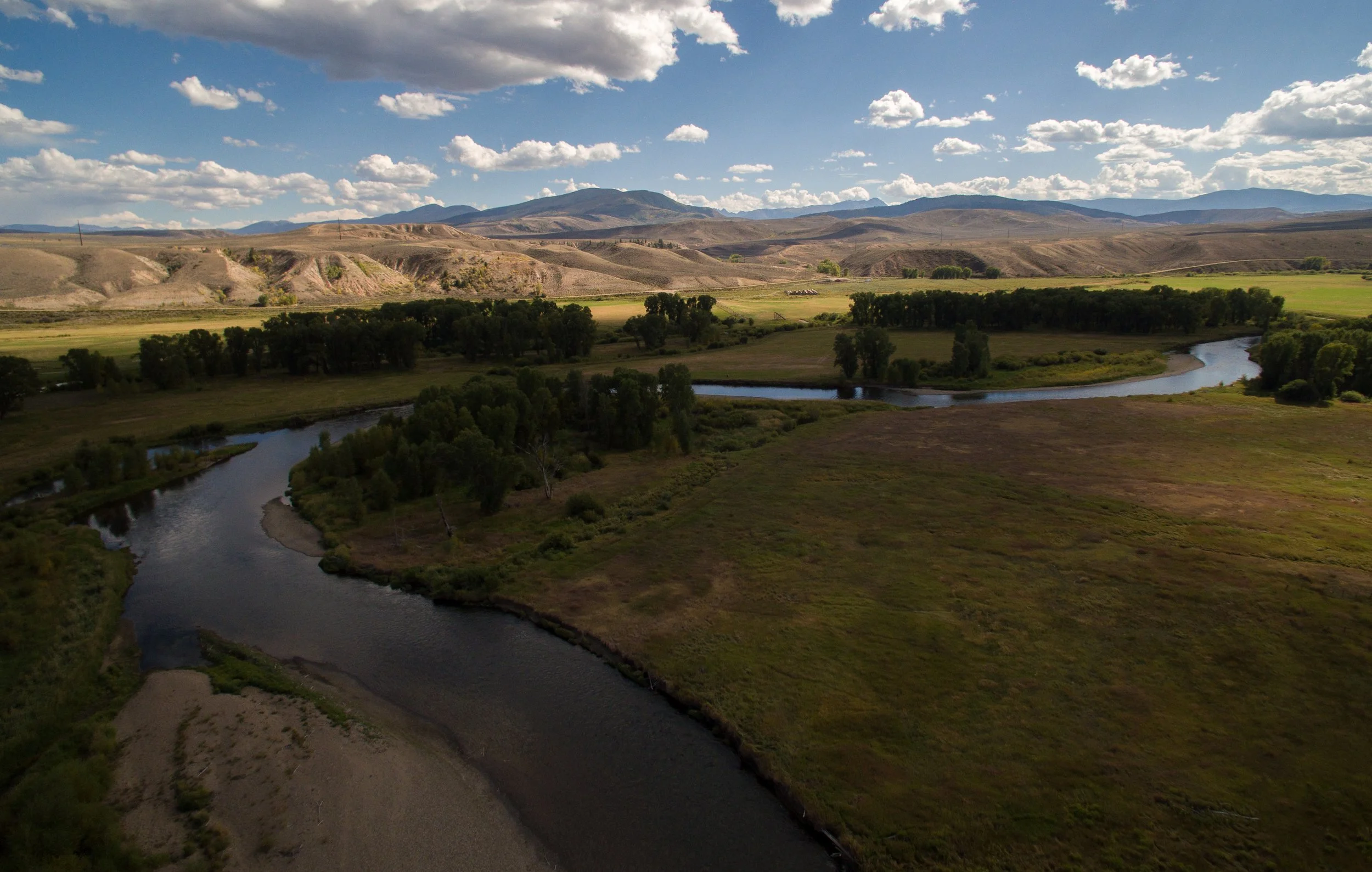Final rule announced; what it says and what comes next.
Final Rule Announced.
On January 23rd, the U.S. Environmental Protection Agency (EPA) and Army Corps of Engineers (Corps) announced a final “Waters of the U.S. Rule.” This rule replaces a 2015 Rule, which clarified the extent of jurisdictions for clean water act protections. This new 2020 rule not only reverses the clarifications made in the 2015 rule, but further reverses protections that have been in place dating back to the 1970s.
What it Means?
We are awaiting publication of the final rule and will need to review in detail once available.
Based on our reading of the proposed rule (we will update this after we review the final rule), the new rule would end Clean Water Act protections for millions of stream miles in the country – streams that contribute to the drinking water supplies of 117 million Americans and provide essential fish and wildlife habitat that support a robust outdoor recreation economy worth $887 billion. The rule would also erase protections for millions of acres of wetlands, a critical part of functioning watersheds, including groundwater recharge, pollution filtration, as well as protecting communities from flooding. In eliminating these protections, the new 2020 Rule would deregulate a host of development activities, such as pipeline construction that will, over time, degrade hunting and fishing opportunities in every state in the country
Stay tuned for more.
What comes next? How can TU members engage?
Because this is a “final” rule, there is no additional opportunity for comment with the agencies. However, there are still things that you can do to help voice your concerns about this rule and related attacks on clean water protections.
Write to Congress & Your Governors:
Congress: Tell your members of Congress that you are angry about this rule and other attacks on the Clean Water Act and concerned about protecting our nations’ waters. Urge them to oppose any legislative proposals to further weaken protections and urge them to do everything in their power to protect clean water.
Governors: Tell your Governors that you are concerned about rollbacks for protections of waters in your state. Many states will challenge this new rule in court. Urge your Governors to join a challenge against this rule and do everything in their power to protect state waters.
Share you Stories: We encourage you to share your stories and concerns through letters to local papers or blog posts on TU.org or other online publications. The TU Communications team has templates and tools available to assist you. Contact Shauna Stephenson (shauna.stephenson@tu.org) for help drafting or submitting.
Background:
In December 2018, the Army Corps of Engineers (Corps) and the Environmental Protection Agency (EPA) unveiled a proposal to significantly narrow the scope of protections for our nation’s waters. The proposal would replace a positive, TU-supported 2015 rule (the Clean water Rule) designed to clarify the scope of Clean Water Act protections, which includes protections for headwaters, intermittent and ephemeral streams, and wetlands. The new proposal would substantially weaken the Clean Water Act, one of the Nation’s most effective natural resource laws.
The Clean Water Act and the 2015 Rule are vital to TU’s work and to anglers across the nation. Whether TU is working with farmers to restore small headwater streams in West Virginia, removing acidic pollution caused by abandoned mines in Pennsylvania, or protecting the world-famous salmon-producing, 14,000-jobs-sustaining watershed of Bristol Bay, Alaska, we rely on the Clean Water Act to safeguard our water quality improvements.
TU members and volunteers contributed more than 4,000 comments for the record, including 25 council and chapter letters and 4,406 individual comments on the proposed rule.
Read TU Comments for the Record:
Trout Unlimited Comments (National Office)
Additional Materials:
Federal Register Publication of Replacement Rule 84 FR 4154 (February 15, 2019).
Learn why it’s so important to protect clean water.
For questions, please contact:
Steve Moyer
Vice President of Government Affairs steve.moyer@tu.orgKate Miller
Director of Government Affairs kate.miller@tu.org








